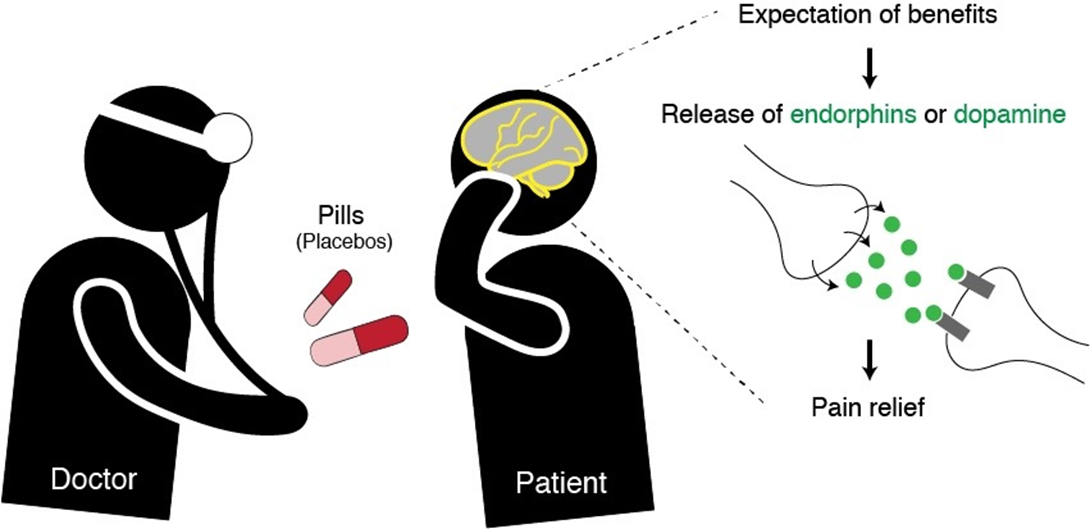An older adult male client arrives at the clinic reporting that his bladder always feels full. The client also reports a weak urine flow, frequent dribbling after voiding, and increasing nocturia with difficulty initiating the urine stream. Which action should the nurse implement?
Obtain a urine specimen for culture and sensitivity.
Instruct in effective techniques to cleanse the glans penis.
Palpate the client's suprapubic area for distention.
Advise the client to maintain a voiding diary for one week.
The Correct Answer is C
Choice A reason: While obtaining a urine specimen is important for diagnosing infection, it does not address the immediate discomfort and potential urinary retention the client may be experiencing.
Choice B reason: Cleansing the glans penis is part of good hygiene but does not address the client's symptoms of a full bladder and weak urine flow.
Choice C reason: Palpating for suprapubic distention can provide immediate information about bladder fullness and potential urinary retention, which may require prompt intervention.
Choice D reason: Maintaining a voiding diary is useful for tracking symptoms over time but does not provide an immediate assessment or intervention for the client's current symptoms.
Nursing Test Bank
Naxlex Comprehensive Predictor Exams
Related Questions
Correct Answer is ["2.4"]
Explanation
Step 1: Convert the weight from pounds to kilograms. We know that 1 kg = 2.2 lbs. So, the weight in kg is:
175 lbs ÷ 2.2 = 79.55 kg
Step 2: Calculate the total units of heparin needed. The prescription is for 3 units/kg, so:
3 units/kg × 79.55 kg = 238.65 units
Step 3: Calculate the volume of heparin to administer. The vial is labeled as "100 units/mL", so:
238.65 units ÷ 100 units/mL = 2.39 mL
So, the nurse should administer approximately 2.4 mL of heparin (rounded to the nearest tenth).
Correct Answer is B
Explanation
Choice A reason: Telling the charge nurse and refusing to administer the placebo could be seen as insubordination and does not address the ethical concerns associated with placebo use.
Choice B reason: Discussing ethical concerns with the healthcare provider is the most appropriate action as it addresses the potential breach of patient trust and informed consent associated with placebo use.
Choice C reason: Administering the placebo as prescribed without addressing the ethical implications could compromise the nurse's professional integrity and the patient's trust.
Choice D reason: Informing the client that a placebo was prescribed could undermine the treatment plan and the provider-patient relationship, potentially causing harm to the client.

Whether you are a student looking to ace your exams or a practicing nurse seeking to enhance your expertise , our nursing education contents will empower you with the confidence and competence to make a difference in the lives of patients and become a respected leader in the healthcare field.
Visit Naxlex, invest in your future and unlock endless possibilities with our unparalleled nursing education contents today
Report Wrong Answer on the Current Question
Do you disagree with the answer? If yes, what is your expected answer? Explain.
Kindly be descriptive with the issue you are facing.
